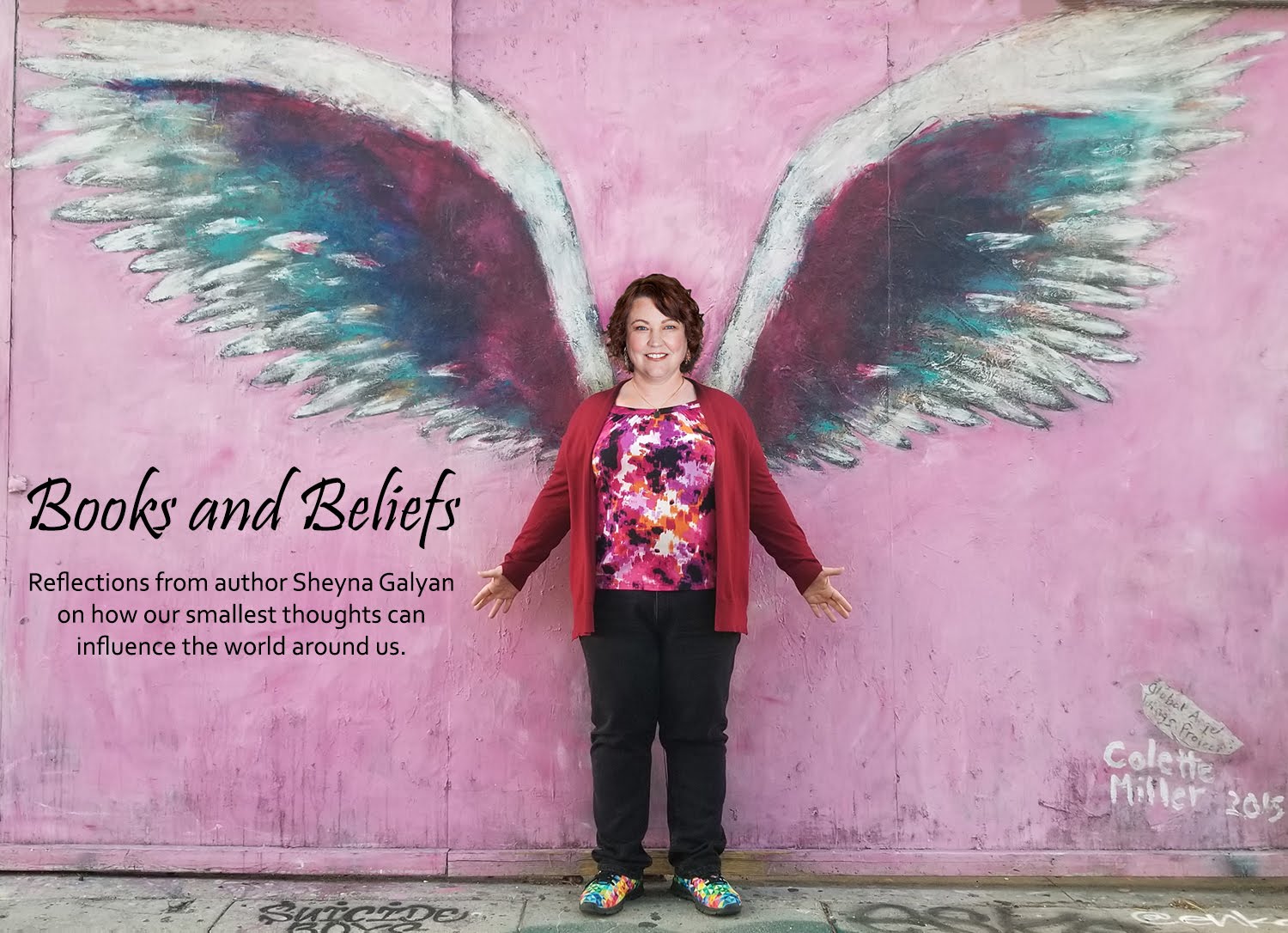Excuses, excuses, excuses. I can still hear my mom chiding me for trying desperately (and often to no avail) to explain my side of any particular story. Growing up, there were no legitimate excuses. There were bad excuses (I overslept; he hit me first), worse excuses (I don't feel like it; my brain is too full from math to remember what you told me), and excuses of character (he sponges off everyone and can't hold down a job; she must think money grows on trees). None of these excuses ever invited compassion.
And so it seems natural that I have the hardest time accepting my own excuses now. There's no justification for mediocrity, unless one is only capable of mediocrity. That's a low blow, isn't it?
So what if your elbow is broken or you have a migraine or you're just getting over pneumonia? You can do better. I know it, you know it, and your teacher/boss/[insert other important authority figure here] knows it. You can do whatever you set your mind to do. (Did you realize this empowering statement has a sharp edge?)
We are a society that values individuals who pull themselves up by the figurative bootstraps, who invent and innovate and create jobs, who are the hardworking backbone of America's legacy. We do not approve of slackers and leeches and people who take without giving back. But has that gone too far?
What if . . . what if there really were legitimate reasons for having good days and bad days? What if we can expect excellence, but not always consistently? What if there were reasons that took into consideration that we are complex human beings with emotions and competing obligations and bodies that can break—and break down?
In the Talmud (Pirke Avot 2:21), Rabbi Tarfon reminds us that we are expected to show up and do what we can. We're not expected to be perfect. We're not expected to be consistently excellent. We're not expected to finish the task. Do what you can. And that's not looking at a per-task basis, either. That's looking at life. Show up in your life. Show up in others' lives. Do what you can.
I'm not real open about it, in part because I am well aware of the associated stigmas, but I have multiple disabilities. I have battled severe clinical depression since my early teens. I have obsessive compulsive disorder (OCD), which is both a blessing and a curse. I have frequent panic attacks. And I have fibromyalgia. There are a few other things (PTSD, sleep apnea, prediabetes), but these are the biggies. Somehow, in the chemically complex recesses of my brain, these are all connected. I was apparently taking a brain break out on the playground when G-d was giving most everyone else their share of seratonin.
All this means I have good days and bad days and then a few really, really bad days. The question is: on the really, really bad days, is it reasonable to still expect excellence? To some, this is a no-brainer. But when your world view doesn't allow for excuses, really really bad days are just another obstacle to overcome. And really, how bad can they be? When there are people in the world who are starving, homeless, fearing for their lives, living in the midst of violence and torture, what's a little depression or body pain?
Except that pain is pain. We can't fully appreciate another's pain unless we experience it exactly as they do. But we can be compassionate and understanding and patient. We can show up and do what we can. We can help by donating food, giving tzedakah, voting for human rights, buying fair trade chocolate, supporting small businesses, smiling at a stranger, being kind with our words whether they be said aloud or typed on a keyboard.
Yesterday was one of my really bad days (but not a really really bad day). My body felt like I had the flu (body aches) without a fever. I was struggling to stay awake; moving my limbs was as difficult as trying to lift weights in a second set immediately after "going to failure" on the first set. I literally could not think. Studies have shown that people with fibromyalgia have four times the body's natural pain-relieving chemicals in their bloodstream. That's like trying to function while under morphine. No wonder I can't think.
I'm trying the best I can. Really. I know that sounds like a bad excuse. I expect more of myself. I expect excellence consistently. And I'm going to be disappointed, because life is telling me it just isn't possible. It's not an excuse. It's reality. Maybe if I just focus on showing up and doing what I can . . . .
